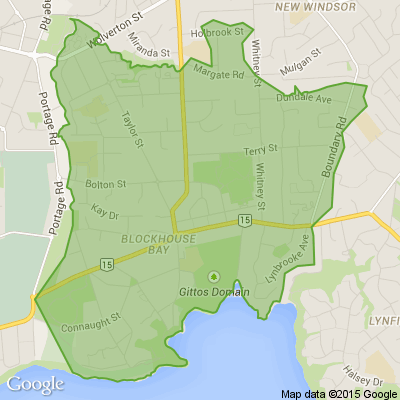HOW TO SELECT THE IDEAL MATTRESS SIZE AND TYPE FOR OPTIMAL SLEEP QUALITY
A good night's sleep is essential for our overall well-being.
We understand the significance of choosing the perfect mattress size and type to ensure you wake up feeling refreshed and rejuvenated every morning.
In this comprehensive guide, we'll walk you through the factors to consider when selecting your mattress, from the kind of bed that suits your sleep style to the ideal firmness and size for your needs.
The Crucial Role of Choosing the Right Mattress for a Good Night's Rest
The foundation of restful sleep begins with your bedtime routine and, critically, with selecting the right kind of mattress.
The comfort and support provided by your mattress play a pivotal role in determining the quality of sleep you enjoy.
The significance of your sleeping position intertwines with the necessity of choosing an appropriate mattress. It's more than a matter of preference; it directly influences your sleep quality and overall well-being.
Understanding how your mattress complements your sleeping posture is key to achieving a more restful and rejuvenating night's sleep.
Spinal Alignment
The impact of your mattress on spinal alignment cannot be overstated. A mattress that properly supports your body will maintain the natural curvature of your spine, reducing pressure points and alleviating discomfort.
Tip: For back sleepers, a mattress that offers medium-firm support can help maintain the natural curve of the lower back. Side sleepers might look for a mattress that provides a softer surface to contour to the hips and shoulders, keeping the spine aligned.
Respiratory Health
Your mattress can also affect your respiratory health, particularly if it exacerbates or mitigates conditions like snoring or obstructive sleep apnea. The right mattress can support sleeping positions that promote open airways.
Tip: Side sleepers, who may experience fewer breathing difficulties, should choose a mattress that allows for easy movement and doesn’t lock them into one position.
Circulation
A mattress that restricts blood flow can lead to discomfort, numbness, or even pressure ulcers. It's vital to select a mattress that facilitates good circulation, complementing your body's needs.
Tip: A mattress that is too firm might impede circulation for side sleepers, while one that is too soft may cause back sleepers to sink too deeply, affecting blood flow.
Comfort and Support
Ultimately, the goal is to find a mattress that provides both comfort and support tailored to your preferred sleeping position. This ensures not only a restful night's sleep but also contributes to your overall health and well-being.
Tip: Invest time in testing mattresses to find one that matches your body's contours and supports your sleeping style.
Whether you prefer a plush, firm, or medium-firm mattress, the right choice can dramatically improve your sleep quality.
What Size Of Mattress Is Best For Sleep?
Selecting the right mattress size is essential for maximizing comfort and ensuring ample space for restful sleep.
For solo sleepers or children, a single or twin mattress provides ample space for a comfortable night's sleep.
Couples may opt for a larger size, such as a queen or king mattress, to ensure ample room for rest without compromising individual space and comfort.
Consider your bedroom's dimensions and personal preferences when choosing the perfect mattress size.
Some Choice News!
DOC is rolling out a new tool to help figure out what to tackle first when it comes to protecting our threatened species and the things putting them at risk.
Why does this matter? As Nikki Macdonald from The Post points out, we’re a country with around 4,400 threatened species. With limited time and funding, conservation has always meant making tough calls about what gets attention first.
For the first time, DOC has put real numbers around what it would take to do everything needed to properly safeguard our unique natural environment. The new BioInvest tool shows the scale of the challenge: 310,177 actions across 28,007 sites.
Now that we can see the full picture, it brings the big question into focus: how much do we, as Kiwis, truly value protecting nature — and what are we prepared to invest to make it happen?
We hope this brings a smile!

Poll: 🤖 What skills do you think give a CV the ultimate edge in a robot-filled workplace?
The Reserve Bank has shared some pretty blunt advice: there’s no such thing as a “safe” job anymore 🛟😑
Robots are stepping into repetitive roles in factories, plants and warehouses. AI is taking care of the admin tasks that once filled many mid-level office jobs.
We want to know: As the world evolves, what skills do you think give a CV the ultimate edge in a robot-filled workplace?
Want to read more? The Press has you covered!

-
52.7% Human-centred experience and communication
-
14.7% Critical thinking
-
29.8% Resilience and adaptability
-
2.7% Other - I will share below!
Share your favourite main crop potato recipe and win a copy of our mag!
Love potatoes? We will give away free copies of the May 2026 issue to readers whose potato recipes are used in our magazine. To be in the running, make sure you email your family's favourite way to enjoy potatoes: mailbox@nzgardener.co.nz, by March 1, 2026.








 Loading…
Loading…